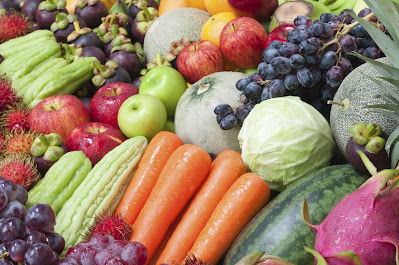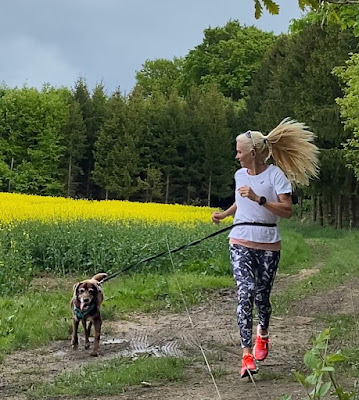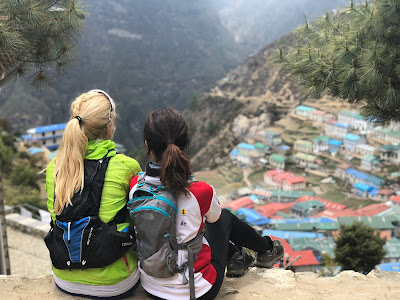An old joke asks: “Who the heck wants to live to be 100?”
Answer: “A 99-year-old.”
I recently attended a funeral for a woman who died at age 101 years. She lived in the mountains and was active till the end, even skiing regularly until she was 95. The attendance at her burial was impressive, although all of her peers had long said goodbye to the world. She had clearly done something right in her life, and I wanted to know how to follow in her footsteps. So I did some digging.
Our lifespan is believed to be determined 10% by our genetics and the remaining 90% by environmental factors. If that is true, then there is a lot that we can be doing to extend not only our number of years, but the quality of life in those years.
Studies have been conducted in the world’s Blue Zones, namely, regions in the world where people not only live the longest, but are also the healthiest. The top five include: Loma Linda, California; Okinawa, Japan; Sardinia, Italy; Nicoya, Costa Rica; and Ikaria, Greece.
It doesn’t take a rocket scientist to know that the main aspects of a healthy lifestyle are diet, exercise and stress reduction, but the details of those and how best to adapt them to our lives can be tricky. Let’s start with the ‘easy’ ones first: diet and exercise.
Diet
A healthy diet should concentrate on (not be restricted to) the following:
• 5 servings or more per day of colorful fruits and vegetables
• Nuts and seeds for snacking
• Beans (protein)
• Whole grains such as oatmeal, quinoa, brown rice, sweet potatoes, etc.
• Drinking lots of water
While avoiding or limiting:
• Excess salt and preservatives (processed and packaged foods; artificial sweeteners; i.e. avoid the center of the supermarket)
• Processed meats. High-quality meat should be limited
• Added sugar (including sweetened beverages)
• Alcohol in moderation (Better avoided. It is, after all, a poison)
And we should never eat to the point of being full. In the Blue Zone of Okinawa, Japan, there is a Confucian teaching called Hara hachi bun me, which instructs people to eat only until they are 80% full. Okinawans typically consume only about 1800 to 1900 calories per day and elders have an average BMI between 18 and 22, compared to 26 to 27 in the same age group in the United States!
Exercise
This is also a no-brainer. Move your body. If you are reading this, then you are probably already quite active, and although a regular exercise regime is great, what we should really focus on is incorporating more movement into our lifestyles as a way of life. Park in the back of the parking lot, take the stairs instead of the elevator, go for a walk on your lunch break and stretch whenever possible. Stretching helps keep your muscles active and healthy, along with your joints flexible and strong. This doesn’t necessarily mean getting on your tights and doing yoga poses; rather, while sitting at your desk, stretch your arms up over your head, side-to-side, do neck and shoulder rolls, rotate your ankles and wrists.
Again, we can go to the Okinawans for role models, as their preferred sedentary pose is a squat, something that is nearly impossible to copy for adults in the Western world, but is beneficial in stretching the hips, thighs, knees and ankles.
Now we get to the more difficult part: stress reduction. This is multifaceted and has both physical and mental components.
The acronym, ASICS, is derived from the Latin phrase, “Anima Sana In Corpore Sano” which means “a sound mind in a sound body”, and is the English translation of a famous quotation by the pre-Socratic Greek philosopher Thales (Miletus, 624 – 546 BC), demonstrating the close links between physical exercise, mental equilibrium and the ability to enjoy life.
Believe it or not, between 80 and 90% of doctor’s visits are directly or indirectly linked to stress. Stress is more than just a feeling in your head, it effects your entire body - including lowering immune function, interrupting sleep, causing muscle tension and complicating digestion to name a few. Research suggests that less-stressed individuals tend to live longer, healthier lives. Different things work for different people, but many find stress-relief from yoga, exercise, meditation, getting outdoors and deep-breathing techniques.
• Sleep: Try to get 7 to 9 hours of quality sleep per night
• Be Mindful: This means focusing your attention (“awareness”) on what’s going on in the present moment, rather than ruminating over the past or worrying about the future.
• Get Outdoors. Time spent in nature, along with getting enough sunlight, has been linked with the prevention of diabetes, auto immune disorders, multiple sclerosis, and heart disease.
• Put your family and loved ones first. Surround yourself with the right people (positive energy). This provides a sense of belonging.
And last but not least…
• Have a purpose: Wake up each day with an outlook or purpose for your life: a job you love, a passionate hobby, fulfilling relationships.
A healthy lifestyle of taking care of the physical body implements the tools, but passion and purpose are the keys that unlock the door to a long and satisfying life, which, if we’re lucky could guide us to the status of centenarian.
If you want to run the numbers on how long you are likely to live, check out the John Hancock Lifespan Calculator.
https://www.johnhancockinsurance.com/life-expectancy-calculator.html
And if you’d like to read a thriller novel on the subject you can get yourself a copy of Lifespan, by Holly Zimmermann.





No comments:
Post a Comment